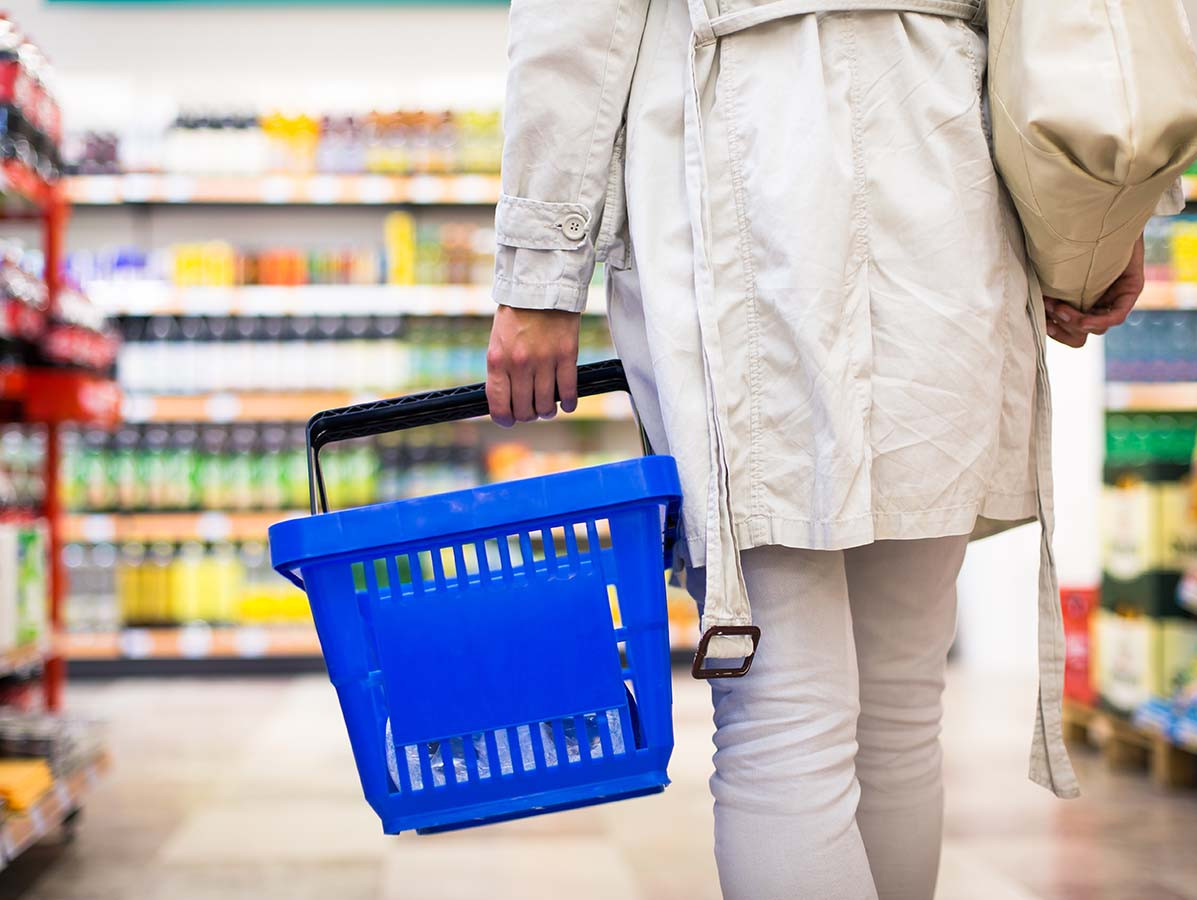
The Federal Agency for the Safety of the Food Chain (FAVV) analyzed 370 samples of various food items for PFAS in 2023. Only 4 samples were found to be non-compliant with the harmonized European standards that came into effect at the beginning of that year.
The samples included meat from various animal species, liver, fish, shellfish, milk, and eggs. The FAVV's general control program comprised 319 random samples, with 45 samples targeted at agricultural businesses in regions designated as risk areas by the regions. Additionally, 6 samples were taken from companies previously sampled in 2021-2022.
The 4 non-compliant samples, originating from risk zones, involved 2 samples of beef carcasses, 1 of eggs, and 1 of North Sea shrimp. The FAVV immediately initiated traceability investigations, blocked risky products, and implemented measures at the company level, with continuous monitoring.
Despite no acute health effects, the FAVV recognizes the chronic risk of prolonged PFAS exposure. Regular checks are essential, with the FAVV understanding concerns and emphasizing the responsibility of businesses.
Businesses, including farmers, bear primary responsibility for the safety of their products. The FAVV rigorously enforces oversight and collaborates with sector organizations and regions. Guidelines for self-checks and analyses have been provided by the FAVV to support companies in fulfilling their responsibilities.
Since 2008, the FAVV has analyzed hundreds of food samples for PFAS to protect consumers. The number of analyses was increased since June 2021, and specific sampling campaigns took place in risk zones, including Zwijndrecht and various locations in Flanders and Wallonia.
Photo: ©l i g h t p o e t/Shutterstock.com
Source: FAVV